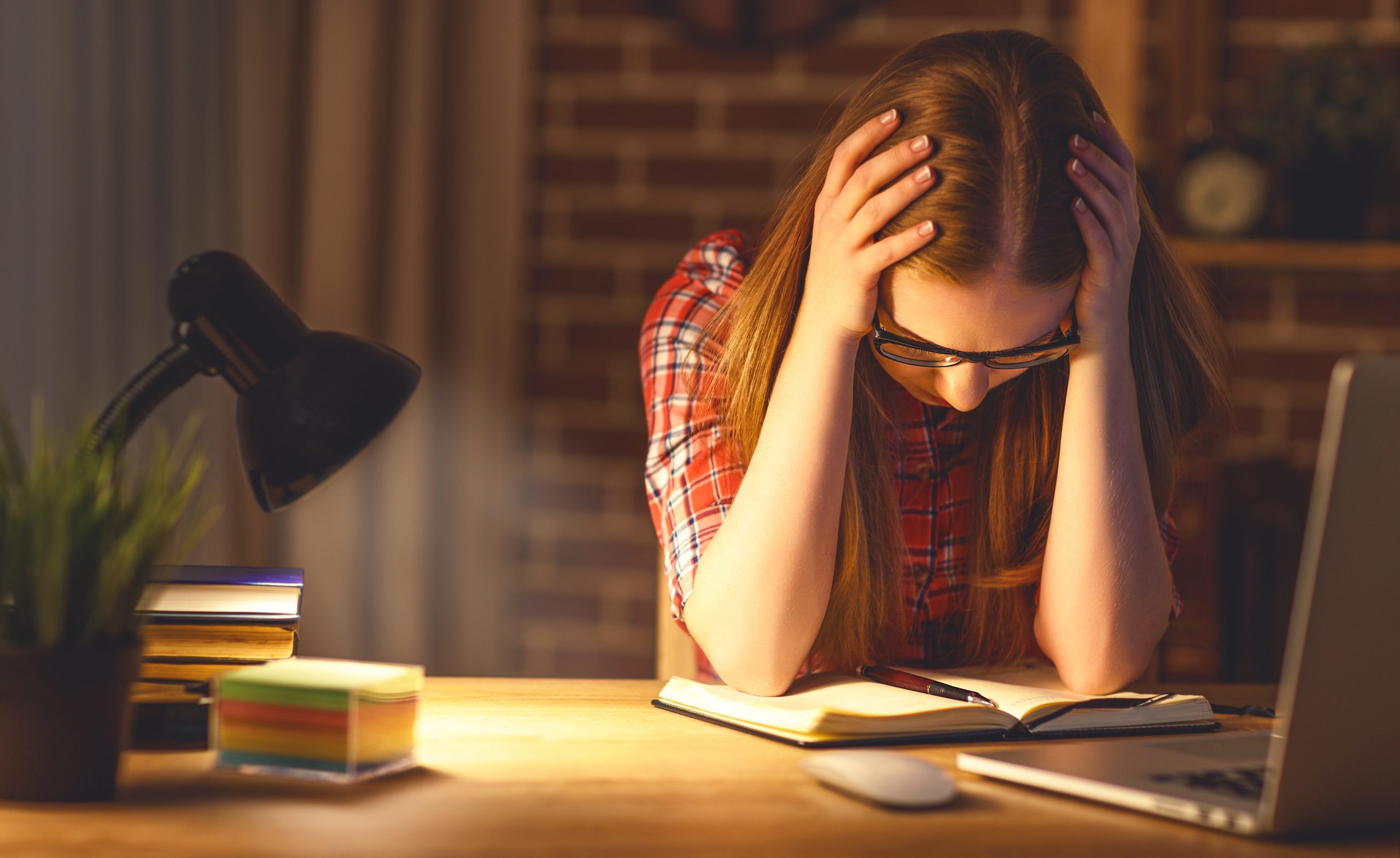As students continue to adapt to the reality of home schooling in these unprecedented times, experts are offering some recommendations on how to manage their mental health.
Concerns were addressed in the recent webinar Health Out Loud x Re:Set Dialogues: Student Life during Covid-19, hosted by Middlesex University Dubai and Re:Set.
“Students have been in touch with us regularly,” says Aditi Bhatia, lecturer in psychology and a wellness support group facilitator at the university. “We conducted a survey about their experiences and we are seeing a general feeling of anxiety and stress around what is happening. It’s such an uncertain time for them when it comes to classes and assessments.”
Students reported difficulties in their ability to study, a lack of working space and the need for academic and emotional support.
Bhatia, Re:Set founder Aakanksha Tangri and university student Ayah Al Atassi recommended the following steps for students over the coming weeks:
- Access some of the free support that is being offered by mental health clinics in Dubai and Abu Dhabi.
- Access one of the Taaluf channels created by the Ministry of Community Development to provide family counselling for free to all UAE community members. The 800623 hotline is available weekdays from 9am to 9pm; WhatsApp video calls can also be arranged via the website while the ministry will offer weekly live streaming services via its Instagram account
- Seek regular professional support online or in person, if all else fails.
- Plan in advance what you intend to work on across the wee and keep your deadlines in mind.
- Set a time and day for studying as routines give us a sense of normality.
- Pay attention to other aspects of your life, such as sleep, diet and exercise, as these have a massive impact on your ability to study.
- If you experience difficulty in getting started with an assignment, try to break it down into smaller portions.
- Stay motivated: doing something as small as creating a word document with a title will get the ball rolling.
- Be compassionate toward yourself, because this is a difficult time. You are not expected to be as efficient as you used to be.
- Reach out to your peers and academic staff for support.
- Take care of your wellbeing: find ways to keep your mind and time occupied. Learn a new skill that might be beneficial, read, make videos, draw, paint, sing or dance. Whatever makes you feel one percent better right now is going to work.
- Do one small thing in the day that gives you a small feeling of accomplishment, such as laundry, finishing one page of an assignment or spending time with your loved ones. And make sure you limit the time you engage with news.
- Only rely on credible sources of information when watching or reading the news: don’t fall for WhatsApp forwards.
- Reach out to people and stay in touch with loved ones and friends: text people you haven’t been in touch with for a while and get a conversation started. For those living in dorms or alone, set up a support network within that community or virtual meetings.
- Work out and stay healthy to keep a healthy mind: take 30 minutes to one hour a day to dance or do any workout that brings positive energy. Practice self-care and anything that takes your mind off the current situation.
- For those who have parents who don’t understand the need for self-care or downtime: show them your schedule and explain that you need to keep some time for yourself.
- Explore your creativity; for example, students at Middlesex University Dubai were asked to design their own research project in relation to Covid-19.
- Take up daily practices at home to calm yourself. It can be anything from meditation and mindfulness to compassion-focused practices. Keeping a journal can also help reduce anxiety.
- Spend time with your family and pets. It will help you feel better on a daily basis.
- For those who are not in alignment with their family members, seek online professional support.
- Do something fun with your parents, even something as simple as watching a movie. Just make sure to talk about something other than the coronavirus.
Additional online resources:
Psychology tools for worry and uncertainty
British Psychological Society (BPS) resources
The psychological impact of quarantine
Science-base strategies to cope
Dubai Eye: Impact of COVID-19 on students
Podcast: Mental Health and COVID 19 – for students and universities
Speaking of Psychology: Managing Your Mental Health During COVID-19
Mental Illness Happy hour: Coping with a Pandemic
Therapy Chat – Support for Coping during an Outbreak
Psychologists Off the Clock – Mental Health and COVID 19






